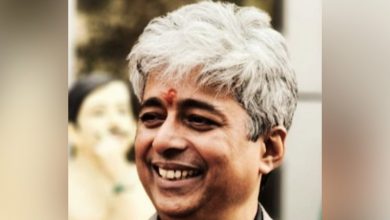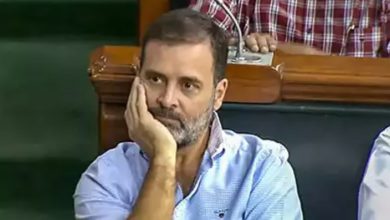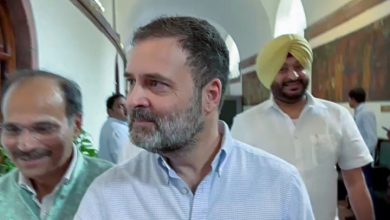
The AAP is on its way to political oblivion. Early trends from the bypolls in Delhi’s Rajouri Garden constituency suggest what began as a warning sign in Punjab now has a ring of finality to it — the Arvind Kejriwal episode in politics is over. Counting is still on in the constituency and the BJP is in the lead after the sixth round.
Two more trends are easily discernible: The Congress is making a comeback of sorts and the AAP candidate may lose his deposit. After the sixth round, AAP’s Harjeet Singh had polled just around 9.5 percent of the votes counted. The Congress on, the other hand, was nearing the 40 percent mark and the BJP was hovering at 48 percent.
Consider the turnaround in fortunes. In 2015, AAP had won Rajouri Garden by a margin of nearly 10,000 votes, polling more than 46 percent votes. The Congress candidate had trailed in the third position with just around 12 percent of the votes.
What should worry Kejriwal more than the defeat is the reversal of the trend that led to AAP’s phenomenal rise. His party managed to win Delhi in 2015 because most of the Congress voters switched over to the AAP en masse. Now, they seem to be going back. If the Rajouri Garden result is an indicator of the public mood, AAP could be humiliated in the upcoming elections to the Delhi municipalities. If that happens, the AAP government will turn into a lame duck, waiting just to complete the remainder of its term before its inevitable annihilation.
The setback for Kejriwal is bigger also because the AAP in Delhi and Congress in Himachal Pradesh are the only incumbents losing the current round of bypolls. The trend in Indian politics is that voters generally favour candidates of the ruling party in a by-election, primarily to ensure they get the benefits of power. But, when the trend is reversed, it is usually a massive vote of no-confidence in the government of the day. With the AAP losing almost 35 percent votes in Rajouri Garden, it shows a massive erosion of faith in the government and Kejriwal.
It is not difficult to see why AAP is in free-fall. After winning the Delhi election, Kejriwal made the blunder of repeating his 2013 mistake of trying to use the NCT as a springboard to national success. Instead of consolidating his home turf, he made the mistake of trying to gain new territories. Now, like a warrior who left his bastion unprotected in search of new kingdoms, he is returning home to find his own citadel under siege.
Ambition could be a potent weapon in the hands of the capable. But for those without ability, it could be a deathtrap. In the absence of realistic assessment of their abilities, ambitious people take a leap too long and fall to the ground. Just a few months ago, Kejriwal seemed intent on winning Punjab and performing well in Goa. His supporters then dreamt of carrying the momentum to Himachal Pradesh, Haryana, Gujarat and Rajasthan. All that seems history, so does the AAP spring that bloomed in 2013.
For Kejriwal’s sake, it would be polite to argue that he might still make a comeback. But, the task really looks daunting considering the precipitous decline in Delhi.
Long ago, Kejriwal seemed to head a coalition of people seen as honest, upright and dedicated to the task of cleansing Indian politics of corruption and its other maladies. But, Kejriwal gradually turned his party into an ode to himself, a cabal of yes-men and sycophants. The problem with personality-based parties is that one the halo of the leader wears off, the party too loses its sheen. And when that happens, parties with dictators at the helm can just watch their demise helplessly since they have no other option to offer to the electorate.
In AAP’s case, the process has begun.







